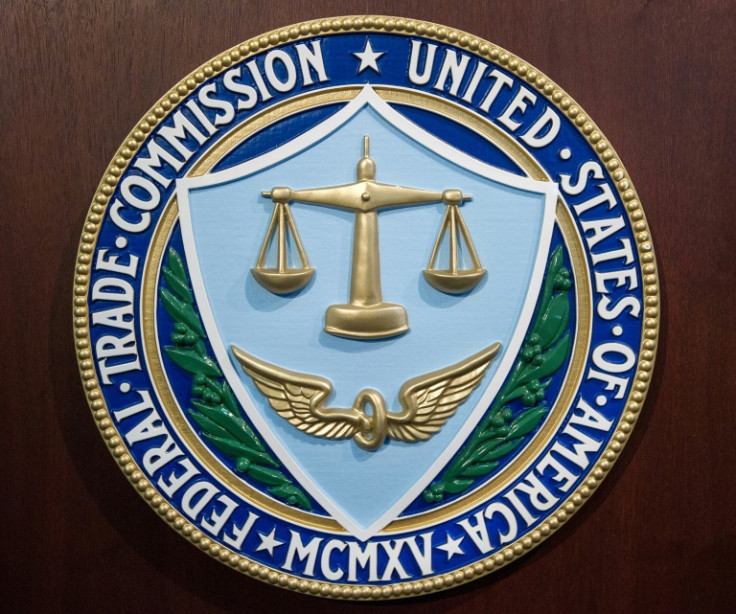US Sues To Block $28 Bn Amgen Biopharma Acquisition

US regulators filed a lawsuit Tuesday to block biopharmaceutical firm Amgen's proposed $28 billion takeover of drug maker Horizon Therapeutics, saying the transaction would harm consumers.
In a suit filed in federal court, the Federal Trade Commission (FTC) said the deal would enable Amgen to entrench the monopoly positions of Horizon medications to treat thyroid eye disease and chronic refractory gout.
"Rampant consolidation in the pharmaceutical industry has given powerful companies a pass to exorbitantly hike prescription drug prices, deny patients access to more affordable generics, and hamstring innovation in life-saving markets," said FTC competition bureau director Holly Vedova.
"Today's action -- the FTC's first challenge to a pharmaceutical merger in recent memory --- sends a clear signal to the market: The FTC won't hesitate to challenge mergers that enable pharmaceutical conglomerates to entrench their monopolies."
A six-month course of Tepezza, which treats thyroid eye disease, costs $350,000, while an annual supply of Krystexxa, used to treat chronic refractory gout, costs $650,000, according to the FTC.
The FTC said Amgen has a history of granting rebates on popular medications in exchange for preferential placement of other products with insurers and pharmaceutical benefit managers.
This practice "may make it difficult, if not impossible, for smaller rivals who are developing drugs to compete against Tepezza and Krystexxa to match the level of rebates that Amgen would be able to offer," the FTC said.
Amgen expressed disappointment with the FTC suit and said it would work to resolve the litigation in time to close the transaction by mid-December.
"We have been working cooperatively over the past several months to address the questions raised by the FTC's investigative staff and believe we have overwhelmingly demonstrated that this combination poses no legitimate competitive issues," said Amgen.
The FTC assertion that Amgen would "bundle" medications "is entirely speculative and does not reflect the real-world competitive dynamics behind providing rare-disease medicines to patients," said Amgen. "And we committed that we would not bundle the Horizon products raised as issues."
Shares of Horizon tumbled 15.4 percent, while Amgen fell 1.5 percent.
© Copyright AFP {{Year}}. All rights reserved.





















